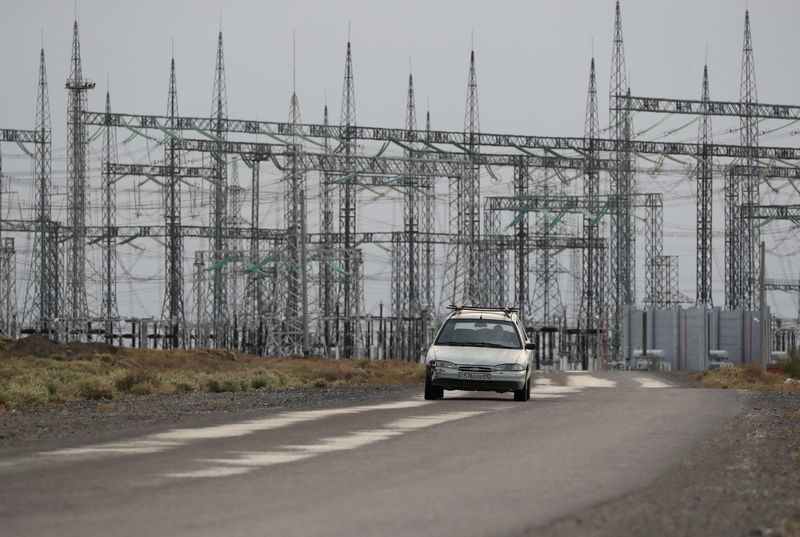ALMATY (Reuters) – Kazakhstan votes in a referendum on Sunday on whether to build its first nuclear power plant, an idea promoted by President Kassym-Jomart Tokayev’s government as the Central Asian nation seeks to phase out polluting coal plants.
The plan, however, has faced public criticism because of its hazards, the Soviet nuclear testing legacy, and fears that Russia will be involved in the project.
“I have come to the conclusion that the decision to build the nuclear power plant, and to build it with (Russian state nuclear firm) Rosatom, has already been made in (Tokayev’s office) and the people of Kazakhstan are being invited to polling stations as ‘notaries’ to authenticate this decision with their votes,” popular blogger Vadim Boreiko wrote.
Despite having sizeable reserves, the Central Asian nation of 20 million relies mostly on coal-powered plants for its electric power needs, supplemented by some hydroelectric plants and the growing renewable energy sector.
Kazakhstan is already importing electric power, mostly from Russia, as its facilities, many of which are aged, struggle to meet domestic demand. And coal is generally regarded as the most polluting energy source.
SOVIET LEGACY
The government says a reliable energy supply is needed to supplement renewable sources such as solar and wind power, and, since Kazakhstan is one of the world’s biggest uranium producers, nuclear power is a logical choice.
“In order not to remain on the sidelines of global progress, we must use our competitive advantages,” Tokayev said days before the vote.
The former Soviet republic, however, does not enrich uranium to the point where it can be used as fuel. The cabinet estimates that a nuclear power plant would cost $10 billion-$12 billion to build.
Critics say the same goal can be achieved with gas-powered plants which, although they still use fossil fuel, are much less polluting than coal plants and come with less risk.
Kazakhstan was part of the Soviet Union in 1986 when the Chornobyl nuclear disaster occurred, and tens of thousands of Kazakhs took part in the subsequent clean-up operation which left many with lifetime health issues.

The country was also the site of hundreds of Soviet nuclear weapon tests which have made large swathes of land uninhabitable, caused numerous diseases among people in nearby areas, and have caused many people to become distrustful of anything nuclear.
“One should not always look back, remember the bad things, and complain,” Tokayev said of such sentiment. “(We must) only move forward and be optimistic, otherwise we will lose in this global race to progress.”

